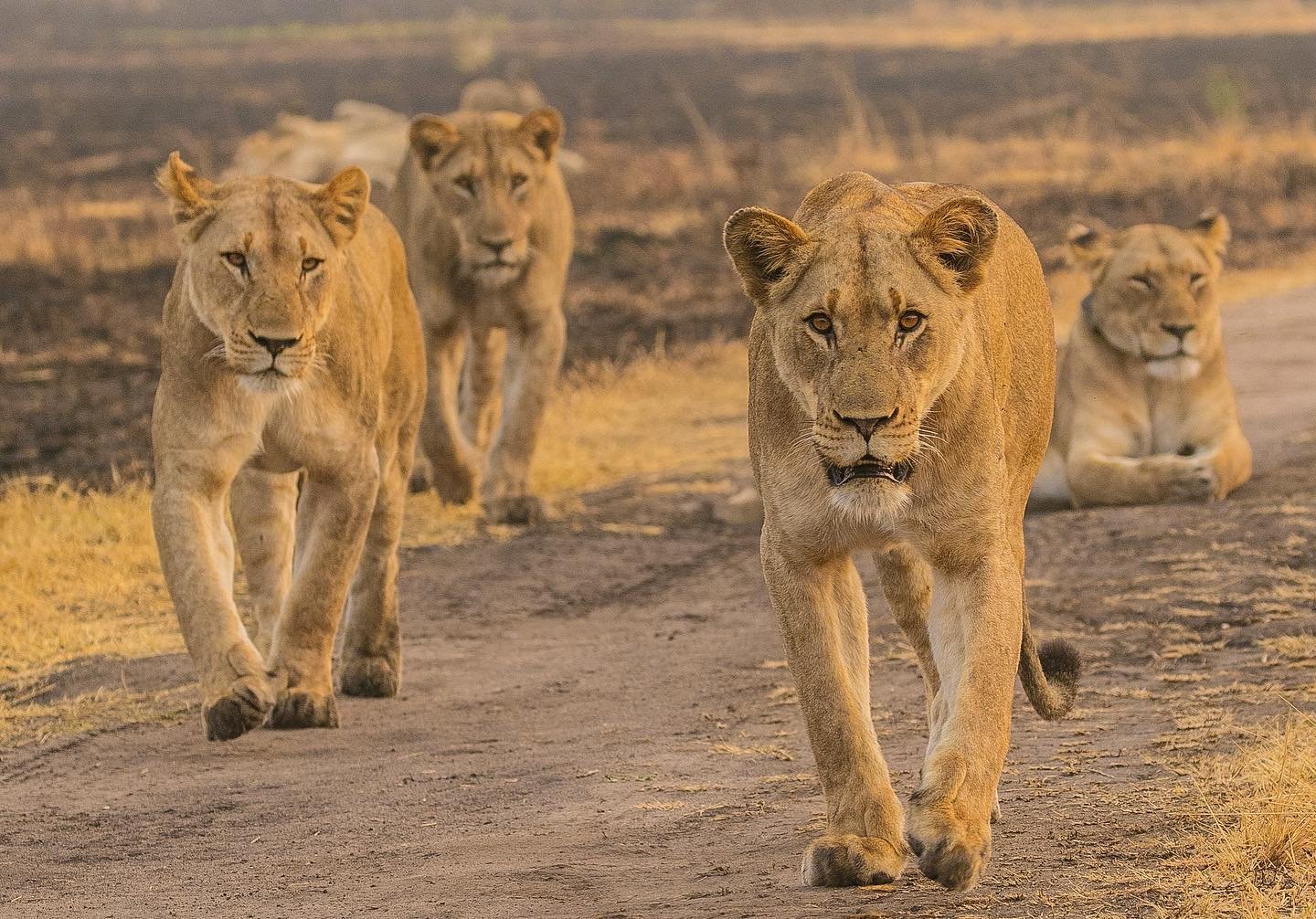Why Choose Akagera National Park Safari?
This 1 Day Akagera National Park Safari is one of the best ways to escape the buzz of Kigali and step into Rwanda’s wild side. Located in the country’s warm eastern savannah, Akagera National Park Rwanda is the home of the Big Five, sweeping open plains, shimmering lakes, and some of the most beautiful sunrise views in East Africa.
This day trip blends adventure, relaxation, photography, and authentic African wilderness—perfect for travelers with limited time who still want a classic safari experience. Akagera National Park Safari is the ideal complement to Rwanda’s primate adventures, offering a striking contrast to the misty mountains and forests of the north.
At dawn, you leave Kigali for a scenic drive through rolling hills and rural landscapes. As the sunrise paints the sky in gold, you arrive at the park gates and begin your game drive through savannah grasslands, woodland habitats, and the iconic Lake Ihema region, where animals gather to drink.
Your expert Hope Tours Africa guide leads the way as you search for lions, elephants, buffalo, giraffes, zebras, hippos, rhinos, and over 500 bird species. The experience is unhurried and immersive, giving you time to enjoy close encounters, photography opportunities, and the calm rhythm of the wilderness.
Throughout the day, you’ll learn about Akagera Park Rwanda’s remarkable story—from near devastation to becoming one of Africa’s greatest conservation success stories. By sunset, you return to Kigali with unforgettable memories of Rwanda’s wildlife, landscapes, and natural beauty.
This day trip is ideal for solo travelers, families, couples, and anyone who wants a taste of a traditional African safari without leaving Rwanda.




